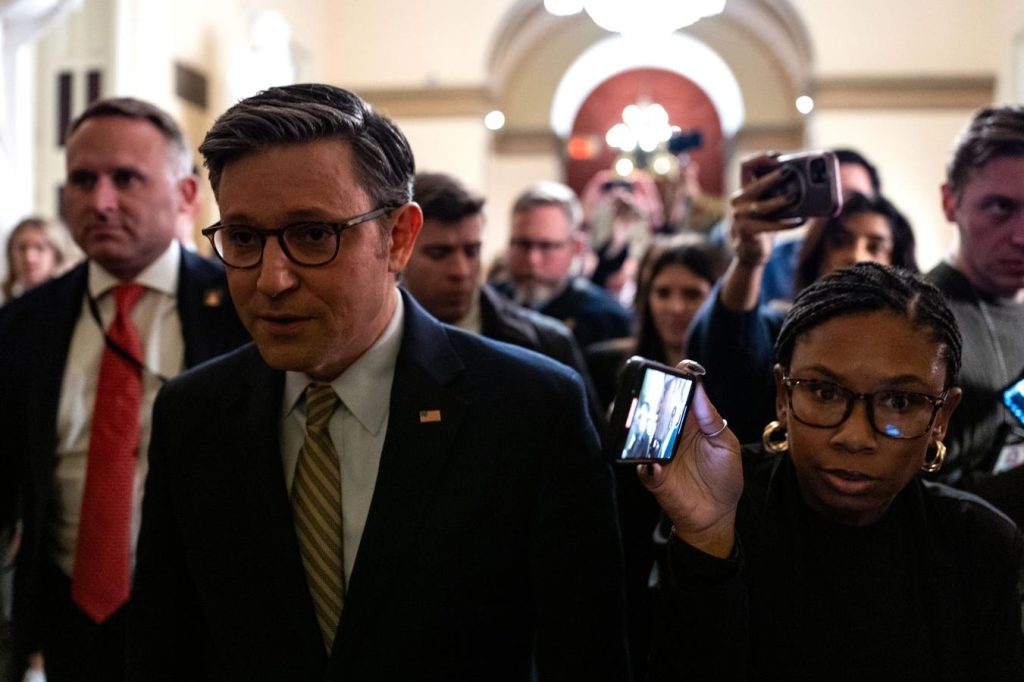The recurring threat and occasional reality of government shutdowns in the United States exemplify a perplexing cycle of self-inflicted harm. Despite experiencing the negative consequences of funding lapses numerous times since 1976, including a 35-day shutdown during the Trump administration costing billions of dollars, Congress continues to flirt with this disruptive tactic. This behavior seems to defy logic, raising the question of whether it qualifies as the apocryphal definition of insanity: repeating the same action and expecting different results. While the origin of this quote is often misattributed to Einstein and likely stems from 12-step programs, its essence captures the seemingly irrational nature of repeated government shutdowns. While some argue shutdowns are a necessary tool to enforce fiscal responsibility, the detrimental effects on essential government functions and vulnerable populations significantly outweigh any perceived benefits.
The budgetary brinkmanship leading up to a potential shutdown creates widespread uncertainty and disruption. Economically, even a short shutdown can shave a tenth of a percent off the GDP, translating to billions of dollars in lost economic activity per week. The ripple effects extend across various sectors, impacting federal agencies, private businesses, and individuals. Federal employees face furloughs and delayed paychecks, while private contractors experience lost revenue due to suspended government contracts. The disruption to data collection by agencies like the Bureau of Labor Statistics and the Bureau of Economic Analysis hinders economic forecasting and policy decisions, including interest rate adjustments by the Federal Reserve. This uncertainty further exacerbates the overall economic impact.
The human cost of government shutdowns is equally significant. While essential programs like Social Security and Medicare continue to disburse benefits, new applicants face delays and potential gaps in coverage. Access to vital services is restricted, as national parks, museums, and other public facilities close their doors. Food safety inspections are delayed, potentially jeopardizing public health. Scientific research at institutions like the NIH and NSF grinds to a halt, impeding progress and innovation. The Small Business Administration’s inability to issue new loans hampers entrepreneurship and economic growth. These disruptions, while seemingly disparate, collectively paint a picture of a government paralyzed by its own internal conflicts, unable to fulfill its fundamental responsibilities to its citizens.
The most vulnerable populations bear the brunt of these shutdowns. While programs like SNAP and WIC can continue to operate for a limited time using existing funds, the threat of benefit exhaustion looms large for families relying on these programs for basic necessities. The economic hardship imposed by furloughs and lost business disproportionately affects low-income individuals and families who lack the financial cushion to weather these disruptions. The delayed processing of benefit applications further exacerbates their precarious situation. The cumulative effect of these hardships undermines the very social safety net that government is designed to provide.
The irony of the situation is that government shutdowns, often touted as a means of promoting fiscal responsibility, ultimately achieve the opposite. The economic losses incurred, the disruption to essential services, and the hardship imposed on citizens all contribute to a less stable and less prosperous society. The repeated recourse to this tactic, despite its demonstrably negative consequences, suggests a fundamental flaw in the budgetary process. The political maneuvering and brinkmanship that characterize these episodes prioritize short-term political gains over the long-term well-being of the nation and its citizens.
While the recent averted shutdown provides a temporary reprieve, the underlying issues remain unresolved. The cyclical nature of these budgetary crises necessitates a more fundamental reevaluation of the process. A more proactive and collaborative approach to budgeting, one that prioritizes compromise and long-term planning, is essential to prevent future shutdowns and ensure the stable and effective functioning of government. The alternative is a continued cycle of self-imposed crises, undermining public trust and eroding the very foundations of a functioning democracy. The continued reliance on brinkmanship as a budgetary tool is not just ineffective; it’s a disservice to the American people and a betrayal of the government’s fundamental responsibility to serve its citizens.










